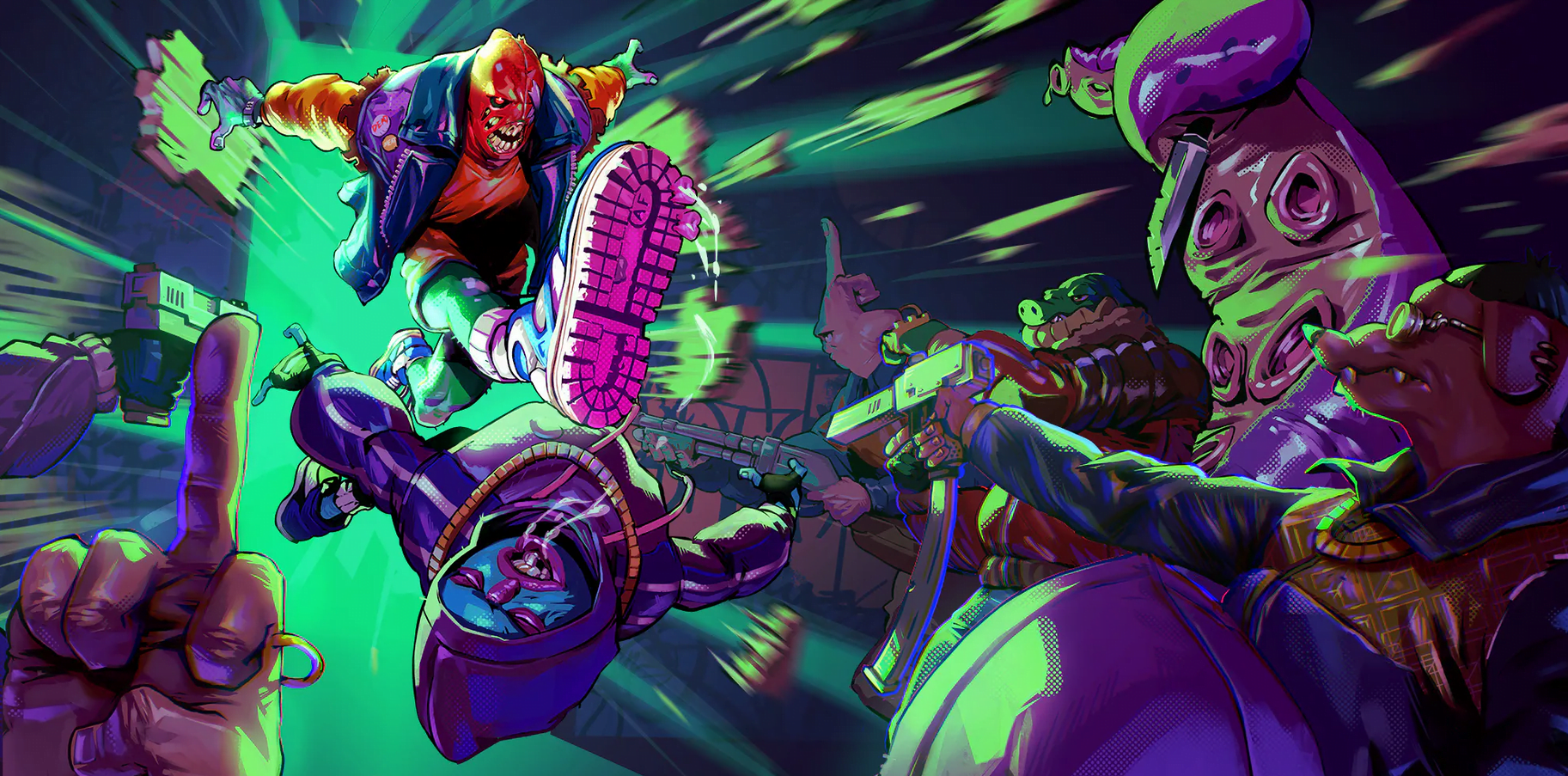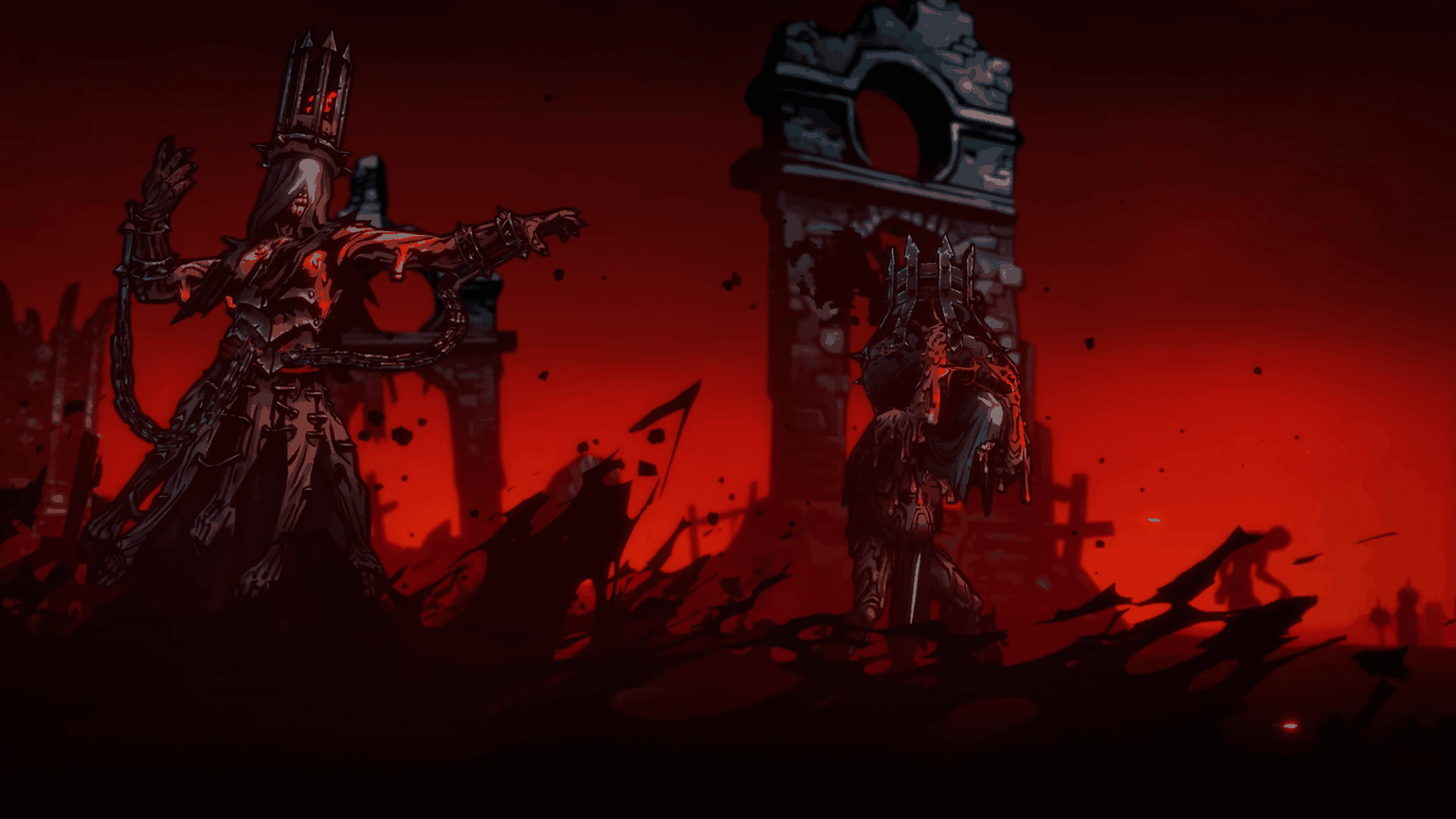It started off easy enough: Just make pasta. Everything was going pretty well, if a bit disorganized. Food lay scattered across the tables and floor, ready for us to grab whenever we needed it so we wouldn’t have to run back to the dispensaries. Plates with half-assembled meals lay waiting for the final piece so we can push them out the door, ideally timed to complete multiple orders at once. It was hardly the most efficient kitchen, but we were doing okay.
Then it happened.
We screwed up an order and had to dump it. One of us forgot to retrieve and wash plates, which forced us to keep the food in the pans and off the heat while we waited for the plates to be ready. Soon enough, everyone stopped communicating, as we were all trying to do the same thing instead of delegating. Orders began to expire, and our tips slowly started to degrade as a result. Everything was falling apart. There was no way we were going to pass this level.
Time expired. Our score was tallied: we got three stars — a perfect score
That’s more or less Overcooked 2 in a nutshell. Overcooked 2 is a game about teamwork and communication; well, in theory, anyway. In my experience, Overcooked is a game about chaos. You play as a group of chefs trying to make food under increasingly absurd circumstances, whether that be in an air balloon that crashes into a restaurant, on a pair of rafts floating down a river, or in the midst of an inter-dimensional rift. It’s an absurd, madcap experience; a game of constant juggling of roles and responsibilities, of trying to maintain order in the face of constant disruption. It’s utterly ridiculous and often stressful — and I love it.

The best local multiplayer games thrive on chaos and Overcooked is an exemplary example of why: because it’s extremely funny when things go wrong. And Overcooked loves to facilitate that. Between the general difficulty of getting a group of four people to work in sync and the myriad obstacles each level tosses at you, it’s all but guaranteed that everything can and will fall apart in spectacular fashion.
Every level has a central gimmick that transforms what is otherwise a (mostly) normal kitchen into a nightmare. Random embers spark flames that block your path until they burn out or you extinguish them, conveyor belts that dispense ingredients that you have to be quick to grab before they end up in the trash, entire cooking stations moving around the kitchen every so often, and more make up just some of the kinds of complications you encounter. Whether or not you’ll be able to swiftly respond to them depends on how coordinated a team you have, though it’s more than likely you won’t succeed on your first shot. Or your second. Maybe even your third, depending on the level.
Failure is inevitable in Overcooked, but it’s not often deflating as it is comical. You quickly learn to anticipate obstacles, but even when you know they’re coming, the ways in which they disrupt things is always fun to watch. Half the fun was seeing what new tricks each level would bring and how they would manifest, all of us inevitably simultaneously despairing at what we’re up against and laughing at the absurdity of it all.
Occasionally, though, it can become frustrating. In one level which was set in a mine, our ingredients sat on opposite sides of the kitchen atop mine carts. Every 10 seconds or so the carts they sat on would swap sides, forcing us to scramble to keep up with where we needed to grab our ingredients from and preventing us from settling into any one role. Our usual approach was to delegate: one or two people on fetching and/or prepping ingredients, another person or two on cooking and delivery, and one on cleaning plates if the level required us to do so. Most of the time, this worked well. On levels like the aforementioned, however, not so much.

The increased complexity of levels placed a higher emphasis on good communication. In the last game, levels were mostly static with a choke point or two serving as the obstacle, meaning we could settle into an assembly line approach without having to shout out orders or whatever too much. With levels regularly shifting in Overcooked 2, we constantly had to be calling out what we were doing and what needed to be done so we could (hopefully) keep up. For a while, it resulted in complete chaos: none of us could keep up with what was going on, our attention split in so many different directions that we kept losing track of ourselves. That was mostly on us for not working together, but occasionally the nature of the level just didn’t make it easy to keep up with everything.
But by the end, we were running the kitchen like pros. The moment things truly clicked for us was when we were revisiting older levels in the lead up the finale. We needed to earn more stars to unlock the next level, so we decided to backtrack to those where we only earned one- or two-star ratings to see if we could improve our performance and get the number we needed. Where previously we couldn’t keep up with the orders nor contend with the level’s quirks, we suddenly found ourselves quickly and effortlessly fulfilling orders. Instead of floundering about we were in perfect sync. Even amid all the obstacles thrown at us, we were a well-oiled machine.
For as much fun as the utter bedlam of Overcooked is, those moments when you and your team finally hit its stride and operate smoothly are extremely satisfying. Watching everything devolve into chaos is fun in its own right — even in failure the game is a delight — but it’s the moments where everything finally clicks, where the challenges that once wrecked havoc become nothing more than minor speed bumps that Overcooked soars.




